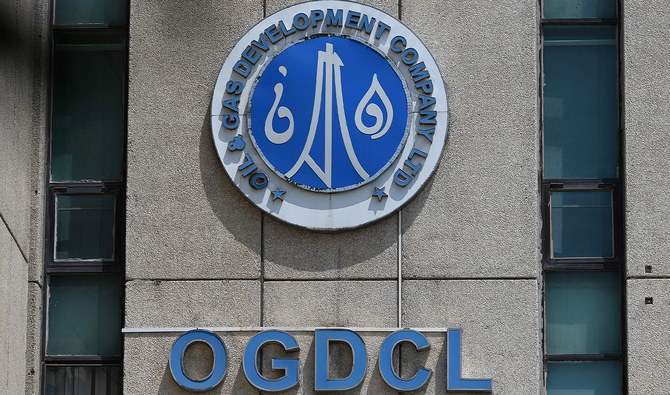ISLAMABAD: Prime Minister Shehbaz Sharif on Friday emphasized the importance of “dialogue and diplomacy” to defuse the escalating military conflict between Iran and Israel during a phone call with US Secretary of State Marco Rubio, in which both sides discussed a broad range of issues.
The phone call came amid continuing hostilities between Iran and Israel, which began after Israeli airstrikes on Iranian nuclear and military facilities last Friday, leading to the killing of several top commanders and nuclear scientists.
Iran responded with retaliatory missile strikes, causing significant damage inside Israel and raising fears of a broader regional conflict.
Israel’s attack came while Iran was engaged in negotiations with the United States over its nuclear program. Subsequently, Washington supported Israel’s action, saying Iran could not be allowed to develop nuclear weapons.
There has also been speculation the US could become more directly involved in the Israel-Iran conflict, though President Donald Trump’s administration has not announced how it plans to deal with the situation in the coming days.
“The situation in the Middle East, particularly the Iran-Israel crisis, was ... discussed [during the phone call], where the Prime Minister emphasized on the need to find a peaceful resolution to this grave crisis, through dialogue and diplomacy,” Sharif’s office said in a statement circulated after his conversation with Rubio.
“He stated that Pakistan was ready to play a constructive role in any effort for peace in the current situation, which was deeply worrying, not only for the region, but for the entire world,” the statement added.
Earlier this week, President Trump hosted Pakistan’s army chief, Field Marshal Syed Asim Munir, at the White House, where the unfolding Middle East crisis was also discussed.
The prime minister also referred to the “most cordial and productive” discussion between them in the conversation.
DIALOGUE WITH INDIA
During the call, Sharif also thanked Rubio for the US role in helping Pakistan and India reach a ceasefire understanding last month after a brief but intense four-day military standoff between the nuclear-armed rivals.
He appreciated President Trump’s “bold leadership” and Rubio’s “proactive diplomacy,” which he said had played a “pivotal role” in averting a major flareup.
He also maintained Trump’s recent positive remarks about Pakistan had created space for a more durable peace in South Asia, which, he noted, would only be possible through “meaningful dialogue” with India.
The Pakistani leader reaffirmed Islamabad’s “willingness for talks with India on all outstanding issues, including Jammu & Kashmir, the Indus Waters Treaty, trade and counterterrorism.”
Rubio, for his part, appreciated Pakistan’s resolve to uphold the ceasefire understanding with India and encouraged Islamabad to continue playing a role in regional stability, including through its “excellent ties with Iran.”
The two officials agreed that both countries must translate their talks into “tangible actions across all areas.”
COUNTERTERRORISM COOPERATION
They also discussed deepening security cooperation between their governments. Sharif reiterated Pakistan’s commitment to combating militant violence, particularly threats posed by the Tehreek-e-Taliban Pakistan (TTP), the Balochistan Liberation Army (BLA) and other armed factions carrying out recent attacks in his country.
Washington and Islamabad have a history of intelligence-sharing and military cooperation in counterterrorism operations, particularly during the US-led war in Afghanistan.
Rubio acknowledged Pakistan’s efforts and assured continued American cooperation to counter “all such threats.”
Sharif pointed to other areas of potential collaboration, including trade, investment, energy, mining, rare earth metals and information technology while emphasizing the need to advance mutually beneficial cooperation across these sectors.
The Pakistani premier also stressed the importance of maintaining the positive momentum in bilateral ties through regular high-level engagement.
He reiterated his invitation to President Trump to visit Pakistan and expressed hope to meet him at the earliest opportunity.
Sharif also extended a formal invitation to Rubio, as the US secretary of state said he looked forward to enhancing cooperation across “all areas of shared interest.”
















